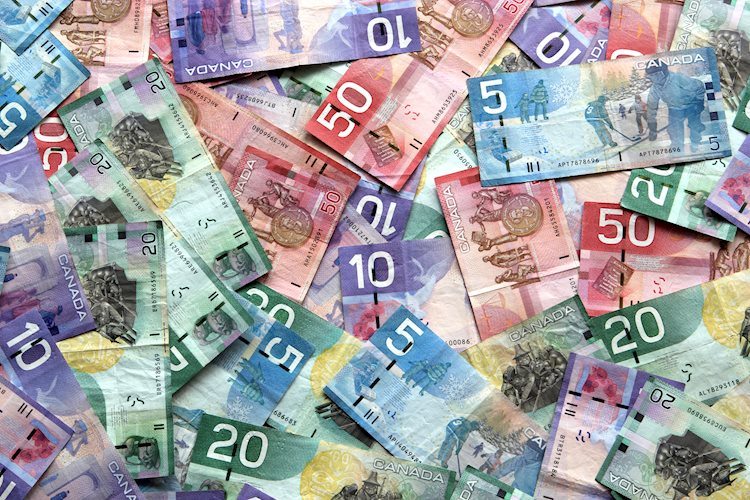The USD/CAD pair has risen to near 1.3750, with the Canadian Dollar weakening due to a sharp correction in oil prices and uncertainty regarding the Bank of Canada’s interest rate policy. This comes as West Texas Intermediate (WTI) futures on NYMEX declined to around $78.30 amid concerns about China’s economic outlook. Canada, being the leading supplier of oil to the US, benefits from higher oil prices, which in turn support the Canadian Dollar. Investors are anticipating that the BoC may cut interest rates by 25 basis points to 4.5% due to easing price pressures and cooling labor market conditions.
On the other hand, the US Dollar has seen a gradual correction after President Joe Biden withdrew his re-election bid, causing political uncertainty. The US Dollar Index (DXY) has slid to around 104.20 and this week will be influenced by a series of US economic data that will provide insights into when the Federal Reserve may start lowering interest rates this year.
One of the key economic indicators to watch this week is the Bank of Canada’s interest rate decision, scheduled for Wednesday. The BoC makes this decision at the end of its eight scheduled meetings per year, based on whether inflation is above or below target. If the BoC believes inflation will be above target, it will raise interest rates to bring it down, which is bullish for the CAD. Conversely, if inflation falls below target, the BoC will lower interest rates to stimulate the economy, which is bearish for the CAD as it detracts from foreign capital flowing into the country.
Looking ahead, investors will be closely monitoring the BoC interest rate decision on Wednesday, as well as the US economic data releases later in the week. The outcome of these events will provide important signals for the future direction of the USD/CAD pair and could impact the broader forex market. With the ongoing uncertainty surrounding global economic conditions, traders will need to stay informed and adaptable to navigate the fluctuations in the currency markets effectively.





















